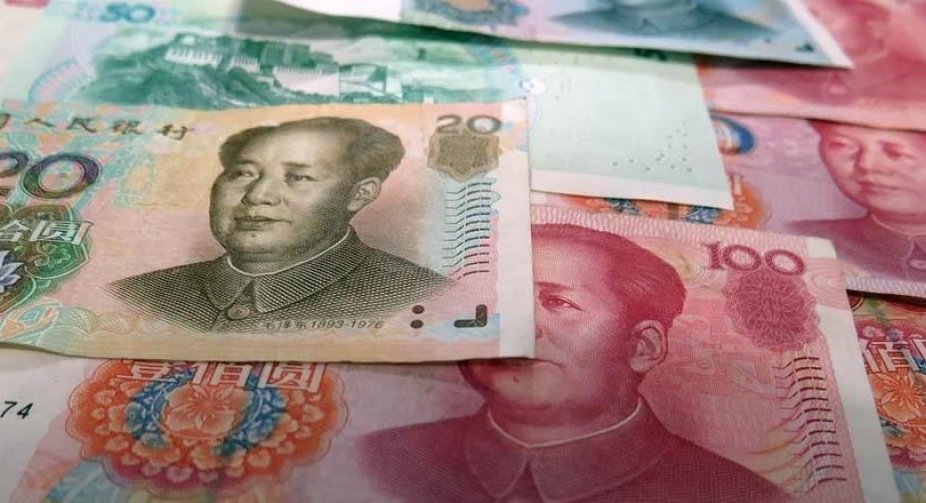Russian bank VTB has launched a currency deposit in Chinese yuan amid the prohibition of the Central Bank of Russia to issue Russians more than 10 thousand dollars from deposits and accounts. About it writes RBC.
The rate - 8% per annum, the term of placement - up to six months, can be opened from March 9.
"In VTB's mobile app, a deposit can be opened from 100 yuan (about 1,149 rubles at the Central Bank exchange rate on March 9), in the branch - from 500 yuan (about 5,745 rubles at the Central Bank exchange rate)," the report says.
According to VTB the deposit in yuan will become "the most profitable alternative" to deposits in other foreign currencies that will allow depositors to diversify their portfolio.
In addition, the possibility of opening settlement accounts and deposits in yuan for mass retail segment is being studied by Alfa Bank (so far yuan accounts are only available for clients with large private capital), MKB (now corporate clients can open accounts in yuan), bank "Dom.RF", MTS-bank (accounts are opened for clients engaged in foreign economic activities), "Uralsib", bank "Zenith", writes "Kommersant".
Note that:
The Russian Central Bank has banned the sale of currency at the bank cash desks, and only dollars can be withdrawn from deposits and only up to 10 thousand.
The aggressor country against the background of tough economic sanctions began to impose restrictions on the import and export of products.
Russian President Vladimir Putin signed a decree allowing Russia to pay in rubles all debts to the United States, EU countries and other countries that imposed sanctions against Russia.
EU countries, Britain and the U.S. had previously imposed sanctions against the Russian Central Bank and the Ministry of Finance, which effectively blocks the aggressor's foreign exchange reserves and makes currency interventions to maintain the ruble exchange rate impossible.





